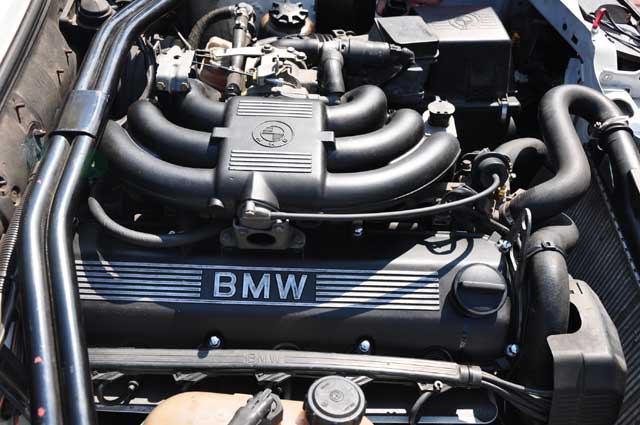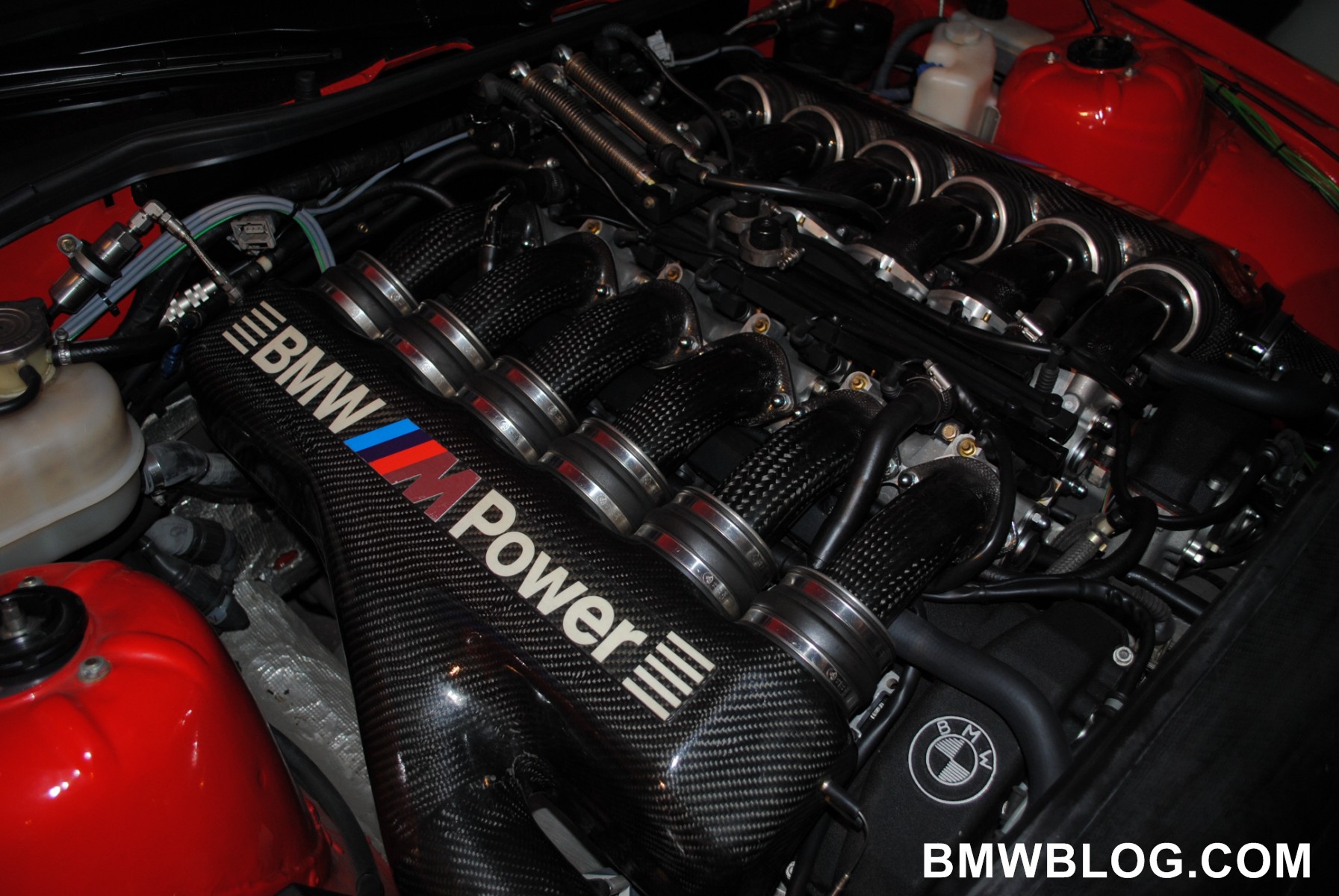Usual Concerns Faced by BMW Engine Owners and How to Address Them
Wiki Article
Revealing the Intricacies of Next-Generation Power Units: a Deep Study Advanced Engine Styles and Advancements
As we stand on the precipice of a new age in transport, the ins and outs of next-generation engine designs bid us to explore the advanced technologies and advancements that promise to redefine the driving experience. Digging much deeper into the worlds of discharge control, smart engine administration systems, and the perspective of power unit growth, we locate ourselves on the cusp of a change that assures to reshape the landscape of wheelchair as we recognize it.Advancement of Engine Materials

The change in the direction of advanced engine products has actually also enabled designers to develop engines with higher power outcomes while preserving gas effectiveness requirements. The use of lightweight materials decreases the overall weight of the engine, leading to enhanced gas economic climate and lower discharges. Furthermore, innovations in products technology have actually permitted far better thermal monitoring within engines, causing enhanced reliability and longevity.
Turbocharging and Supercharging Technologies
Just How do Turbocharging and Supercharging Technologies reinvent engine performance and efficiency in modern lorries? Turbocharging and turbo charging are modern technologies that substantially improve engine performance by raising the quantity of air intake right into the combustion chamber. Turbocharging achieves this by making use of a turbine driven by exhaust gases to pressurize the consumption air, while supercharging uses a belt- or chain-driven compressor to accomplish the very same result.
These modern technologies enable smaller, more fuel-efficient engines to generate power equal to bigger ones, referred to as downsizing. Forcibly even more air into the cyndrical tubes, supercharging and turbocharging boost combustion performance, leading to raised horsepower and torque result without a considerable rise in engine dimension. This brings about much better velocity, towing ability, and overall driving efficiency.
Moreover, turbo charging and turbocharging add to boosted fuel effectiveness by permitting the use of smaller engines that take in much less fuel under regular driving problems - bmw engine. This mix of enhanced efficiency and efficiency has made turbocharging and turbo charging integral components of lots of modern engine layouts
Exhaust Control and Environmental Effect
With enhancing global worries pertaining to air top quality and ecological sustainability, the execution of discharge control modern technologies in cars plays a vital function in decreasing dangerous contaminants released right into the ambience. Modern vehicles are furnished with sophisticated emission control systems that help minimize the environmental impact of vehicle procedures. Catalytic converters, as an example, are made to transform poisonous gases such as carbon monoxide gas, nitrogen oxides, and hydrocarbons right into less damaging materials like co2 and browse around this web-site water vapor.Moreover, innovations in engine innovation, such as the combination of exhaust gas recirculation systems and selective catalytic decrease, have actually significantly added to reducing discharges. These modern technologies operate in tandem to enhance combustion efficiency and minimize the launch of damaging toxins right into the air. In addition, the growth of hybrid and electrical vehicles stands for a vital step in the direction of decreasing the overall ecological footprint of the transport industry.
Intelligent Engine Monitoring Systems

Additionally, these systems allow cars to satisfy rigorous emissions criteria without endangering performance, supplying an extra eco-friendly driving experience. The combination of expert system and artificial intelligence capabilities in engine management systems proceeds to press the borders of what is possible, leading to check that additional enhancements in performance, reliability, and overall automobile performance. bmw engine. As automobile innovation breakthroughs, smart engine management systems will play a vital function fit the future of transport towards a more sustainable and efficient instructions
Future Trends in Power Device Advancement
As smart engine management systems pave the means for boosted control and optimization in modern-day vehicles, future patterns in power device advancement are poised to redefine the landscape of auto propulsion technologies. Among the crucial trends driving development in power device advancement is the change towards electrification. With an increasing focus on sustainability and minimizing carbon emissions, hybrid and electrical powertrains are becoming much more widespread in the automobile sector. These alternate power resources offer enhanced performance and efficiency while straightening with rigorous ecological regulations.Another considerable pattern is the combination of innovative materials and making techniques. Lightweight materials such as carbon fiber and aluminum are being used to lower general vehicle weight, boosting fuel efficiency and efficiency. In addition, innovations in 3D printing and additive production are enabling the manufacturing of complicated engine elements with greater precision and resilience.
In addition, expert system and artificial intelligence are playing a vital function in maximizing power system efficiency. These technologies permit for real-time monitoring and flexible control, resulting in extra dependable and effective power shipment. On the whole, future patterns in power system development are tailored towards efficiency, efficiency, and sustainability, driving the auto market towards a new era of propulsion technologies.

Final Thought
Finally, the developments in engine materials, turbocharging, discharge control, and intelligent management systems have led the way for next-generation power systems. These technologies have not just improved performance and efficiency but also minimized ecological impact. As technology proceeds to advance, future patterns in power unit growth are likely to concentrate on more improving sustainability and optimizing power outcome. The complex styles and advancements in contemporary engines showcase the continuous advancement of auto innovation.Discovering the dynamic improvements in engine materials has actually been essential in enhancing the efficiency and performance of modern engines. Over the years, the development of engine materials has played a vital function in pressing the look at here now boundaries of what engines can achieve.The shift in the direction of advanced engine materials has actually likewise made it possible for designers to develop engines with higher power results while preserving fuel performance criteria.The implementation of smart engine administration systems in modern-day lorries has actually changed the way engines are controlled and enhanced for efficiency and effectiveness. By accumulating data in real-time and evaluating it with innovative algorithms, smart engine administration systems can adapt to driving designs, ecological aspects, and engine health and wellness to maximize power output while reducing gas consumption and emissions.
Report this wiki page